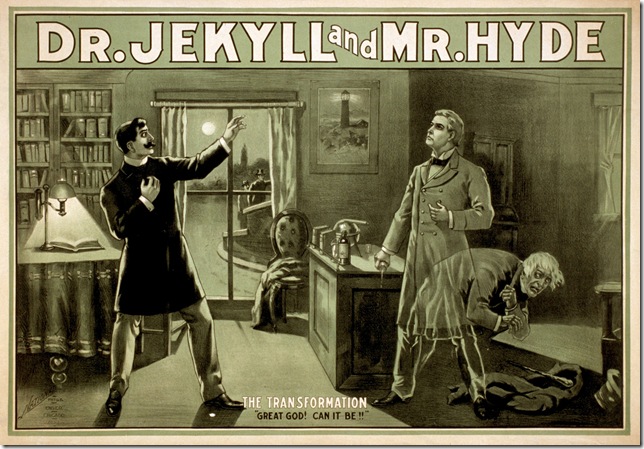By Myles Ludwig
Since mid-April to today, Big Media has submerged us in a swamp of the sensational and salacious, holding our heads down in one hot mess after another. We can barely come up for a breath before another epic wave knocks us over again: Boston bombers; Jodi Arias; the Cleveland 3.1; the Bangladeshi building collapse (bad news for WalMart Nation); military rape; and now the Benghazi emailgate.
These stories cascade like a waterfall, each one wiping the other off the agenda-setting function of our traditional news sources.
Big Media blames it on us, the audience. They — we — want the gory details, they say. We want to slurp them up like ramen noodles.
I know Big Media is fighting to maintain relevance by competing on the battle ground normally occupied by British tabloids and, before that The National Enquirer. I understand that because they are barely there, these newspapers, television newscasts and pseudeo-mag shows are going pffft.
One more Internet decade and they’ll cease to influence our thinking.
I admit I prefer the digital Palm Beach Post and New York Times to their print editions. When I called the latter to switch my subscription from print-to-Net, the representative asked me why.
“Because I’m tired of throwing the papers away,” I answered. “Now I can just hit ‘save’ or ‘delete.’”
She practically begged me to keep the Sunday edition for another month. I felt sorry for her and surrendered, and here it sits, a boulder of news.
We writers are hoarders, no doubt. We save stuff under the hopeful heading of “research to be used at some further date.” It’s particularly annoying for those of us who work from a home office. I know some who’ve kept another apartment just for storage. I myself have a storage room and still I am overwhelmed by stuff that’s now readily available by click.
It’s embarrassing, and so bad, that when I plucked a copy of one of my favorite magazines out my extensive library and started to read an article of interest the other day, I suddenly realized that the issue was from 1979. I can barely remember 1979.
But this is not meant to be either nostalgia for a paper fetish or a critique of Big Media.
Well, maybe a swipe at both on the way to a larger issue.
Believe me, I don’t feel sorry for Brian Williams for falling off the Rock or pity for the 25 Million Dollar Man Matt Lauer who so willingly makes a fool of himself every morning pretending to be a journalist. There’s a reason why Good Morning America — which is like bacon froth spritzed out of a liquid nitrogen canister — is killing Today in the ratings. My own opinion is that Savannah Guthreis making her Sopranos-esque move to clip Matt off the couch pretty soon — for personal reasons, to spend more time with his family, to walk the Appalachian Trail in Argentina, etc. His recent gawky, carefully scripted little boogie on Ellen, the white lesbians’ Oprah, is a portent.
I suppose I’m disappointed in the day-time Charlie Rose, who looks like he hasn’t slept a wink and is constantly undermined by that babbling Gale King. I suspect the lantern-jawed Fareed Zakaria, that apologetic plagiarist who looks into the lens like an attack dog, is being considered for his replacement, though I doubt even he could withstand the Gale of gab.
I am amazed that media critic Howie Kurtz, who has lost his reliable source cred, is still on the screen, even as I write this. I can still see the soft-boiled egg dripping down his face.
I’ve digressed.
Long ago, a crusty old editor, a Ben Bradlee type, explained to me that the basic formula for a news story began with a ledee that asked and answered the five Ws — Who, What, Where, When, Why — and sometimes the one H (How), in 25 words or less. Now, we get four of the Ws and even the H in gruesome, but self-censored, detail. But we don’t get the answer to the big W.
The “why.”
Why not?
Now, this is a question we can savor in our mind’s mouth. Roll it around with our tongue, gargle with it.
Why ask why because I don’t think we want the answer — an answer that will never make sense — because we know very well that answering the question forces us to face the fact that each of us is capable of being the Tsarnaev brothers, Jodi Arias, Ariel Castro. We know what’s inside the carapace of our consciousness.
The answer to Why makes us an accomplice.
As long as we keep asking why, we can avoid looking at our own dark sides.
Myles Ludwig is a media savant living in Lake Worth.
